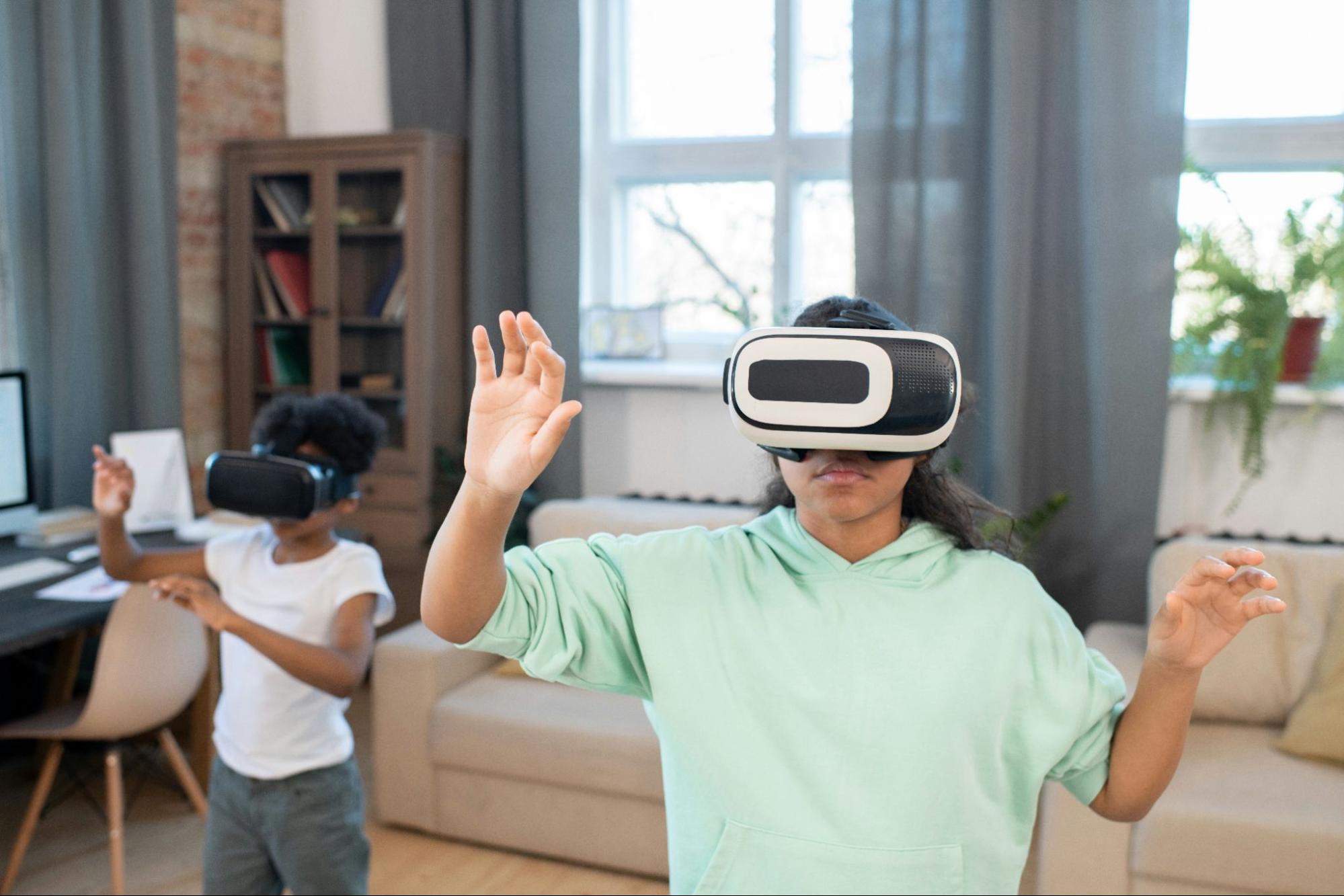The real estate market is experiencing a seismic shift, driven by the relentless advancement of digital technology. At the heart of this transformation is the integration of cutting-edge tools that are redefining how properties are bought and sold. As Todd Salerno, a seasoned real estate expert, observes, the impact of digital transformation on house hunting and the broader market is profound and multifaceted, offering both challenges and opportunities for buyers, sellers, and agents alike.
One of the most significant innovations reshaping the real estate landscape is the use of 3D tours and drone videos. Unlike traditional photographs, which often provide a limited view of a property, these immersive tools allow potential buyers to explore homes in unprecedented detail. 3D tours enable viewers to virtually navigate through every room, examining the layout and flow of the space. Similarly, drone videos offer a comprehensive view of a property’s exterior and its surroundings, capturing details that might be missed in static images. This technological leap not only attracts more serious inquiries but also accelerates the selling process by giving properties a modern, appealing edge that resonates with tech-savvy buyers.

Photo: Unsplash.com
However, the success of these digital tools hinges on their accessibility and user-friendliness. As Salerno points out, it’s crucial that these tools cater to all potential buyers, regardless of their level of technological proficiency. Designing intuitive interfaces with clear navigation is essential to ensure that everyone, from first-time homebuyers to seasoned investors, can benefit from these advancements. Tutorials and guides can help users become comfortable with new technology, while robust customer support and compatibility across various devices ensure a seamless experience. Additionally, incorporating accessibility features like text-to-speech and adjustable text sizes can make these tools more inclusive.
The impact of digital transformation on buyer decision-making is another crucial aspect of this shift. Salerno cites the use of virtual reality (VR) tours as a game-changer in this regard. By allowing buyers to “walk through” homes virtually, regardless of their physical location, VR technology enables a more efficient narrowing down of choices. This capability not only saves time but also empowers buyers to make more informed decisions, ultimately leading to quicker and more confident purchases. Such advancements highlight the growing role of digital tools in shaping buyer behavior and expectations.

Photo: Unsplash.com
In the wake of the COVID-19 pandemic, digital house hunting has become more prevalent, and this trend is likely to continue. While these tools offer undeniable convenience and efficiency, Salerno emphasizes that they will likely complement rather than replace traditional methods. Many buyers still value the tactile experience of in-person viewings, where they can physically inspect a property and gauge its atmosphere. The post-pandemic real estate market will likely adopt a hybrid approach, combining digital and traditional methods to cater to diverse preferences. This balanced strategy ensures that buyers have a comprehensive understanding of a property before making a decision.
Looking ahead, the long-term implications of digital transformation in real estate are both exciting and challenging. Buyers are likely to have higher expectations for convenience and transparency, demanding more detailed online listings and instant communication with agents. While some transactions may move entirely online, the need for in-person viewings will persist, especially for significant investments like homes. This shift will drive the industry towards more integrated and efficient digital solutions, ultimately enhancing the overall buying and selling experience.
Real estate agents and agencies are at the forefront of this digital revolution, adapting to new technologies and enhancing their online presence. Salerno notes that these advancements provide real estate professionals with powerful tools to better serve their clients. However, staying relevant in this rapidly evolving landscape requires agents to continually update their skills and knowledge. The human element of personalized service and local market expertise remains crucial, ensuring that technology complements rather than diminishes the role of agents in the home-buying process.
In conclusion, the digital transformation in house hunting and the real estate market represents a new era of opportunity and change. As digital tools become increasingly integral to the buying and selling process, they offer the potential to enhance buyer decision-making, streamline transactions, and elevate the real estate experience. Through the lens of Todd Salerno, we see a future where technology and human expertise converge, creating a dynamic and efficient marketplace that benefits all participants.
Published by: Holy Minoza













